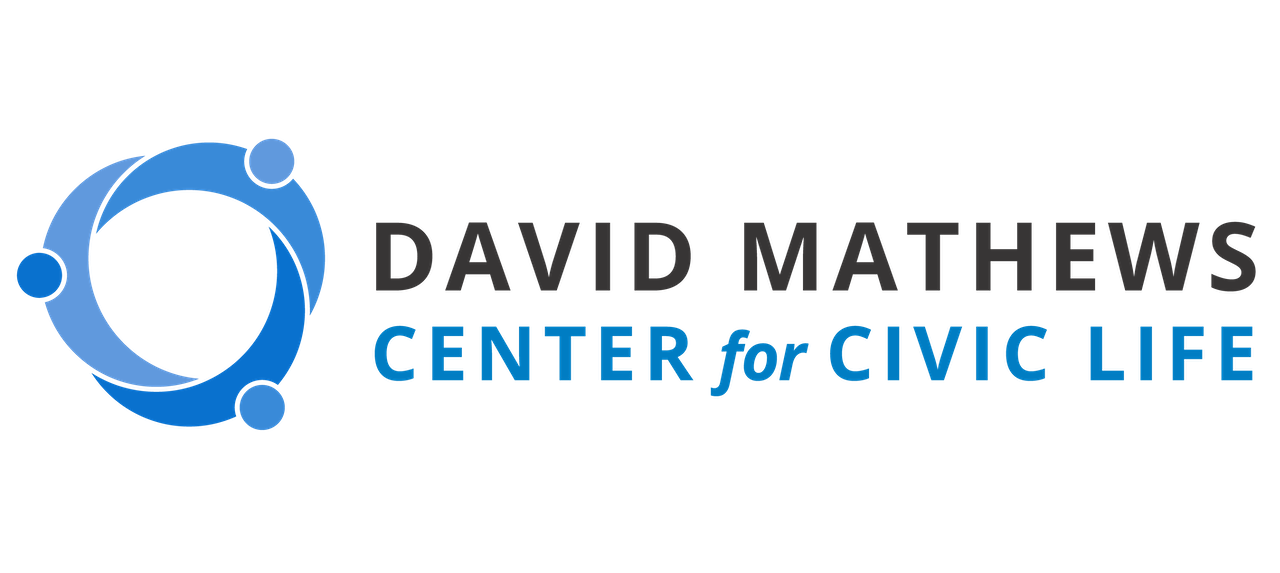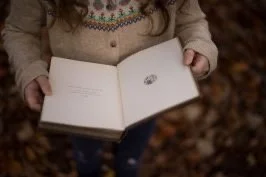Using Stories as a tool for Civic Skill Building
In social studies and specifically, civics, a students’ proficiency is often determined by whether they know “the facts”: the signers of the Declaration of Independence, the Bill of Rights, how a bill becomes a law. It is certainly important for students to study this information. After all, studying history helps us make informed decisions about our future. But, if we compartmentalize mastering civics and social studies to memorizing timelines, historical figures, or facts, we are missing out on the opportunity we have to prepare students for active citizenship.
Being an active citizen requires students to not only learn facts, but to acquire dynamic skills that help them work in a community; skills such as communication, critical thinking, the ability to identify social and public issues, and the ability to work with others. Working with others, especially, requires a willingness to suspend judgment and consider the perspectives of others. More simply put, working in a community requires empathy.
This is where I believe storytelling emerges as a powerful tool for building civics skills. Narratives and stories not only make learning new information neurologically exciting, but they also expose students to new perspectives, giving students the chance to see the world from someone else’s point of view. In doing so, students not only have a chance to practice empathy but also expand their understanding of the issues affecting others, in their community and throughout the world.
Perhaps the greatest benefit of using stories as a teaching tool is that they are cross-disciplinary. In order to create a more engaged society, we must recognize the role that all disciplines have on young people’s civic potential. Stories are present in primary sources documents, works of fiction, and documentaries about the natural world.
This week I’m going to be sharing a few of my favorite resources for incorporating civic rich storytelling into your curriculum through music, film, and a few of our favorite books. Check back on the blog for the first installment next week!


